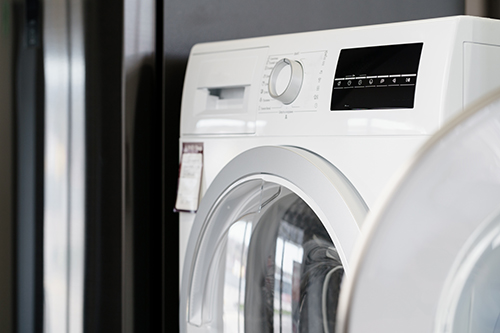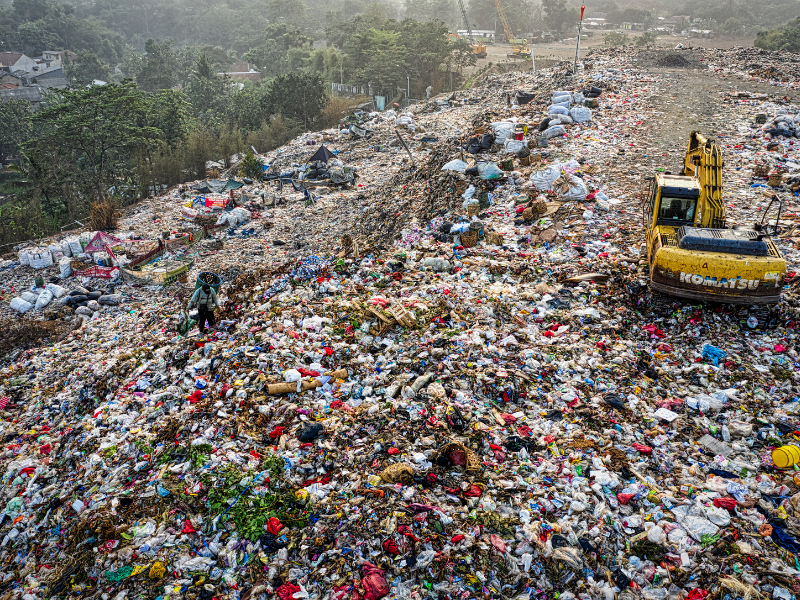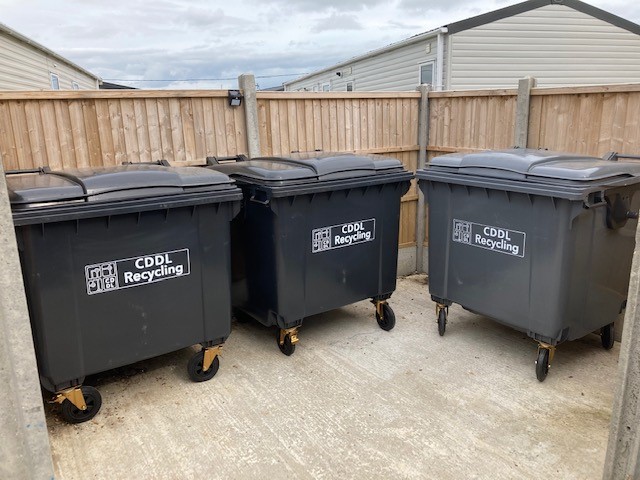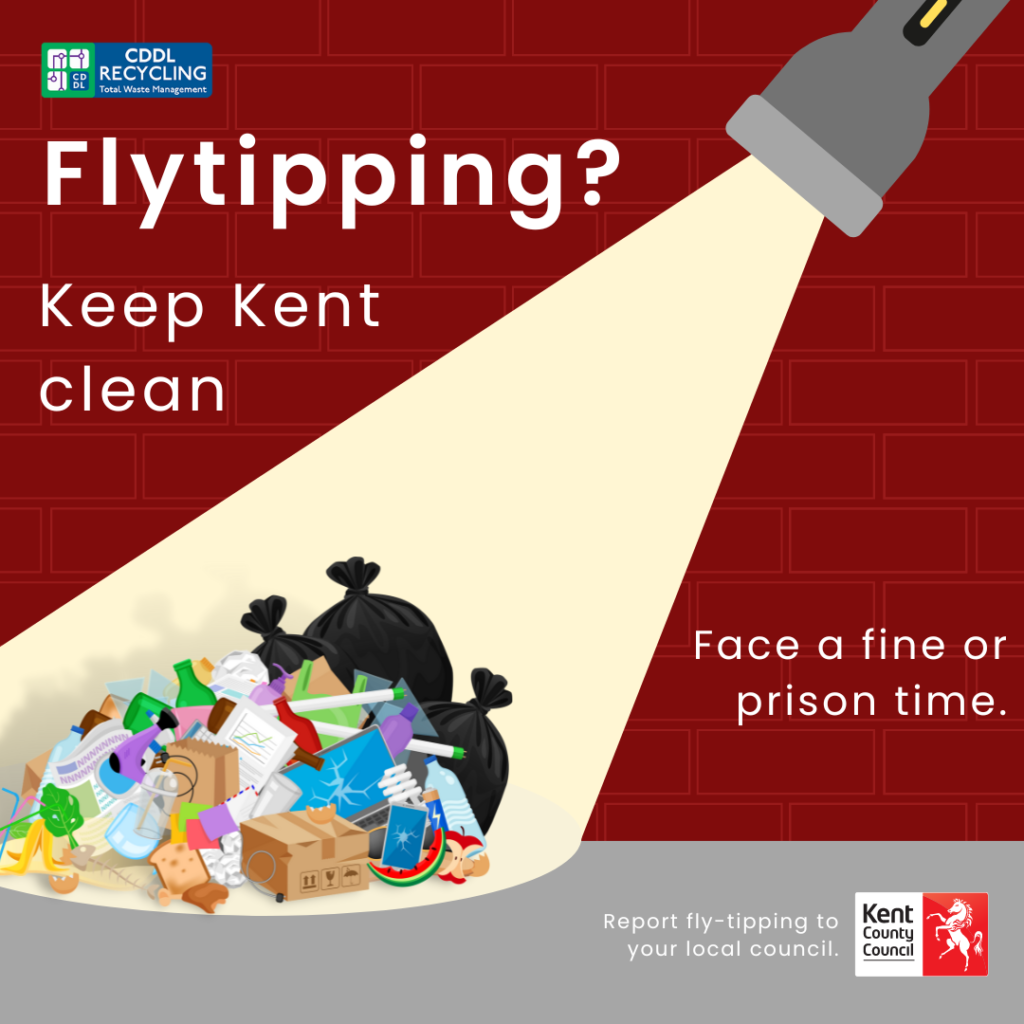The Environmental Impact of Bulky Waste

Bulky waste is generally not accepted in regular waste collection bins and often requires special handling and disposal. Local councils may offer specialised bulky waste collection services to help residents dispose of these items responsibly. In some cases, residents may need to schedule a special pickup or drop off their bulky waste at a designated collection site.
What is bulky waste?
Bulky waste, also known as large household items or special waste, refers to items that are too large or heavy to be disposed of through regular waste collection systems. These items can include a wide range of household goods, such as:

Furniture: Couches, chairs, tables, beds, dressers
Appliances: Refrigerators, stoves, washing machines, dryers
Electronics: Televisions, computers, printers, cell phones
Construction materials: Drywall, wood, insulation, tiles
Outdoor items: Grills, sheds, fences, playground equipment
The environmental impact of bulky waste
Proper disposal of bulky waste is important for several reasons. It can help reduce the amount of waste that ends up in landfills, prevent litter in communities, and reduce the risk of injury or accidents caused by discarded items.
Landfill space
Bulky waste takes up a significant amount of space in landfills, which can lead to the need for additional landfills to be built. This can harm local ecosystems and wildlife. Landfills should never be the answer to waste management. If you need appliances disposing, be sure to contact a professional waste management team.

Pollution
Many bulky appliances, such as electronics, contain hazardous materials that can leach into the environment and cause pollution if not properly disposed.
To reduce the environmental impact of bulky waste, there are a few strategies that can be effective:
Recycling
Many bulky items can be recycled. Recycling these items helps to conserve resources and reduce the demand for new products to be manufactured.
Donating
Some bulky items, such as furniture and appliances, may still be in good condition and could be donated to a charitable organisation or sold to someone else. Donating or selling these items helps extend their lifespan and reduce the need for new products to be manufactured.
Professional removal services
For items that cannot be recycled or donated, hiring a professional removal service can be a responsible and safe way to dispose of them. These services can often handle the proper disposal of hazardous materials and ensure that items are disposed of in an environmentally-friendly manner.

Fly Tipping
Fly tipping, which refers to the illegal dumping of waste, can also have significant environmental impacts. To reduce the environmental impacts of fly-tipping, it is consequential for individuals and businesses to dispose of their waste responsibly and to follow local regulations and guidelines for waste disposal. Fly-tipping is a criminal offence under section 33 of the Environmental Protection Act 1990. Offenders can be given a £400 Fixed Penalty Notice for small-scale fly-tipping. In serious cases, prosecution in Court can end in either a fine of up to £50,000 or 12 months imprisonment.

In conclusion, managing bulky waste and preventing fly-tipping are vital for the promotion of a healthy environment. As discussed, bulky waste can hurt the environment if not disposed of properly. Governments and local authorities can also play a role in reducing the environmental impact of bulky waste and fly tipping by enforcing laws and providing convenient and adequate waste disposal options. If you have bulky waste that needs disposing of, contact the team at CDDL today to get started.






